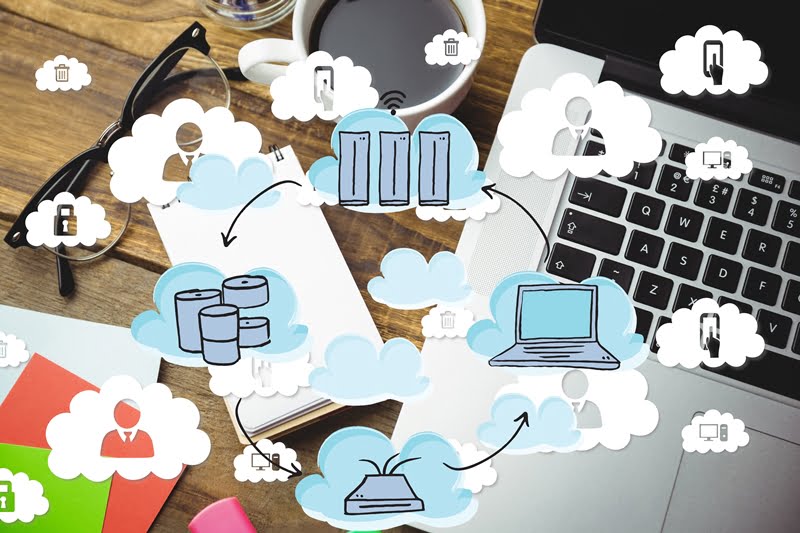In today’s rapidly evolving digital landscape, businesses are continually searching for effective ways to reach and engage with their target audience. Two common approaches to marketing are omnichannel and multichannel marketing, both of which have gained prominence in recent years. While these terms are sometimes used interchangeably, they represent distinct strategies with unique benefits and challenges. In this article, we’ll explore the key differences between omnichannel and multichannel marketing to help you make informed decisions about which approach is best for your business.
Defining Omnichannel and Multichannel Marketing
Before delving into the differences, let’s clarify the definitions of both omnichannel and multichannel marketing:
Multichannel Marketing:
Multichannel marketing involves utilising various marketing channels to communicate with customers. These channels can include social media, email, websites, print media, television, and more. Each channel operates independently, providing multiple touchpoints for customers but often lacking seamless integration.
Omnichannel Marketing:
Omnichannel marketing is a holistic approach that focuses on creating a seamless and integrated customer experience across all channels. It aims to provide customers with a consistent and personalised journey, allowing them to switch between channels without disruption while maintaining a unified brand image.
Key Differences
Channel Integration:
Multichannel: In multichannel marketing, each channel operates independently, often resulting in disconnected customer experiences. While customers may interact with various channels, there is limited coordination between them.
Omnichannel: Omnichannel marketing emphasises the integration of all channels. It ensures that customer data and interactions are synchronised across channels, providing a unified and consistent experience.
Customer Focus:
Multichannel: Multichannel marketing tends to focus on individual channels and their effectiveness in reaching customers. It may not prioritise the customer’s overall journey or their preferences.
Omnichannel: Omnichannel marketing places the customer at the center of the strategy. It seeks to understand customer preferences, behaviors, and needs, delivering a personalised and relevant experience at every touchpoint.
Consistency and Cohesion:
Multichannel: Multichannel marketing may result in inconsistencies in messaging and branding across different channels. Customers may encounter disjointed experiences.
Omnichannel: Omnichannel marketing maintains consistency in messaging and branding, ensuring that customers receive a coherent and cohesive brand experience.
Data Utilisation:
Multichannel: While data may be collected from various channels in multichannel marketing, it is often used separately for each channel’s optimisation.
Omnichannel: Omnichannel marketing leverages data integration to gain a holistic view of the customer journey. This enables more informed decisions and tailored messaging.
Customer Engagement:
Multichannel: Multichannel marketing may provide multiple opportunities for engagement, but it can be challenging to create a meaningful connection with customers.
Omnichannel: Omnichannel marketing prioritises meaningful engagement by delivering relevant content and experiences that resonate with customers on a personal level.
Choosing the Right Strategy
The choice between omnichannel and multichannel marketing depends on your business goals, resources, and customer base. Here are some considerations:
Omnichannel is ideal for businesses aiming to provide a seamless and highly personalised customer experience. It requires robust data integration and a commitment to consistency across channels.
Multichannel may be suitable for businesses with limited resources or those targeting a diverse audience across multiple channels. It offers more flexibility but may require extra effort to maintain consistent messaging.
In conclusion, while both omnichannel and multichannel marketing have their merits, the key difference lies in the level of integration and customer-centricity. Omnichannel marketing prioritises a seamless, personalised, and consistent customer experience, while multichannel marketing offers more diverse touchpoints. The choice ultimately depends on your business’s unique objectives and capabilities, but a well-thought-out strategy can lead to more effective customer engagement and improved overall business performance.


